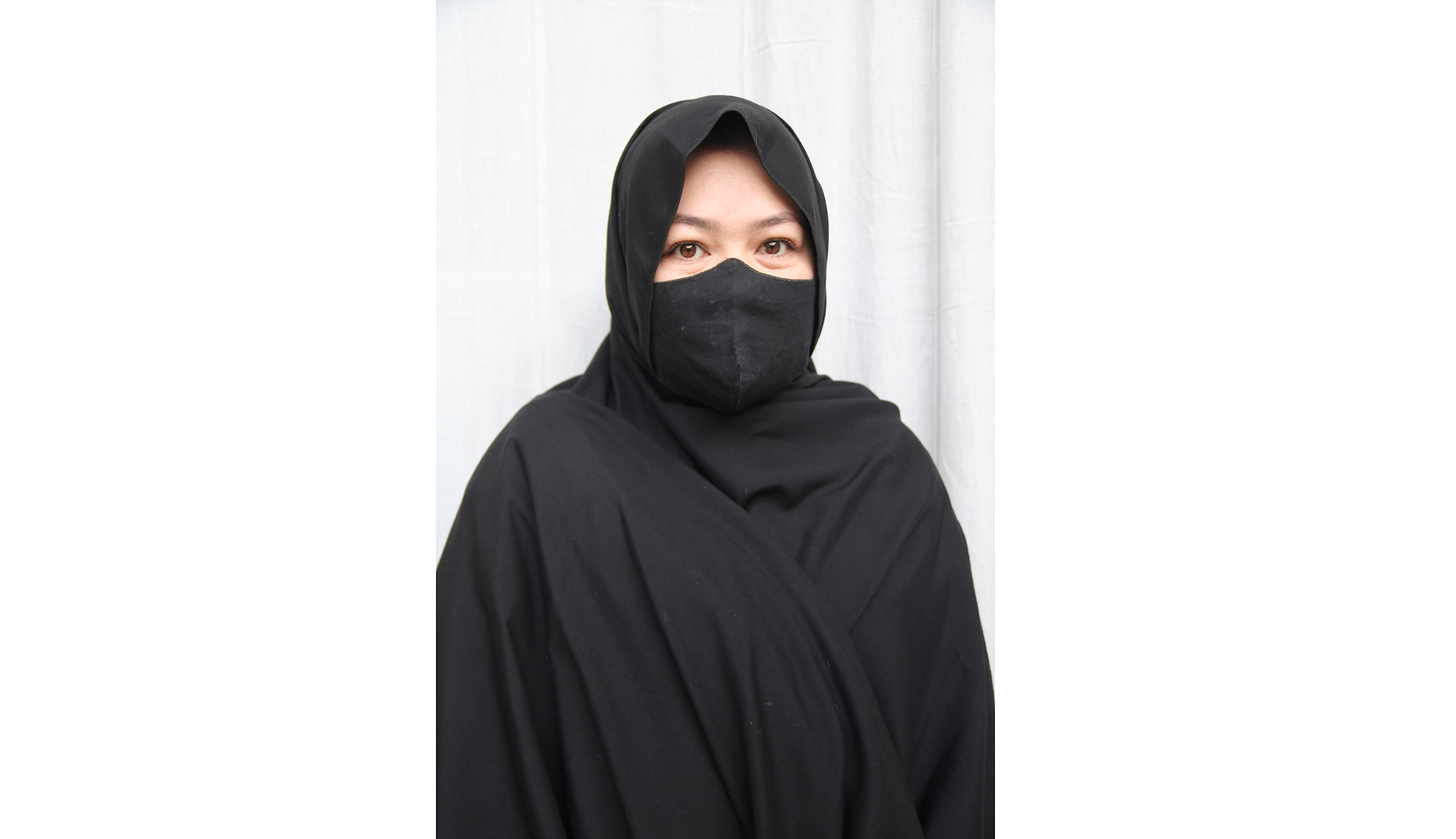Against all odds
November 29, 2022

At the young age of 22, Shahgul wears many hats. She is a loving daughter, a caring sister, a budding entrepreneur, a talented clothes designer, and a human rights volunteer working on rehabilitation of displaced and migrant groups with SEHER and UNDP.
Shahgul was only ten years old when she crossed Pakistan’s western border with her parents, in search for a more secure future.
‘The conflict in Afghanistan forced my family to flee first to Ghazni and then towards Pakistan. I have few recollections from that time, but I remember walking a lot and a very cold winter.’ An incident that left a mark on Shahgul’s young mind was the attack on her house in Ghazni which left her brother injured. ‘I remember a loud explosion and then my brother’s agony, the memories are terrifying to this day and my brother still has scars from that time.’
Moving to Quetta, Pakistan, brought with it some sense of relief and security, but resettlement is not an easy task. ‘In Afghanistan we had some land and a consistent stream of income, but in Quetta everything was new and as a family we struggled to make ends meet. I was sent to learn carpet making when I was eleven years old, even though I wanted to go to school but my family just couldn’t afford it.’
A few years later Shahgul’s brother decided that she was too old to work outside, and it was not fit for her to leave the house, she was asked to give up this job and stay at home.
This stay-at-home situation, however, did not long last. Shahgul had learnt that she was a natural at working with fabrics so she enrolled at a local training center that taught young women sewing and stitching. Her family especially her elder brother, was very apprehensive of her ambitions that would lead to her venturing outside the safety of the house. She recounts how her family became more concerned when she began working as a human rights volunteer to support the rehabilitation of migrant groups and displaced persons together with SEHER and UNDP.
‘Staying at home was not a choice I made but one that was forced on me. When I first started working with SEHER my family was very concerned about the impressions neighbours and extended family members would have of my life choices. Naturally, I had to get out of the house more often and there was a lot of community level engagement that my role as a volunteer demanded. My goal has been to lend a helping hand for those who needed my support and empathy, for this I was ready to defy parochial social norms.’
Years later, Shahgul looks back at her struggle and admits that she is proud of her sustained commitment in the pursuance of her goals. ‘I was forced to leave my home country as a child, work as a carpet weaver when I was only eleven and faced innumerable challenges along the way. Today I work with UNDP and support young girls and women so that I can make a positive change in their lives, I think this is no small feat for someone who felt as an outsider for so long.’
As a grass-root changemaker Shahgul supports UNDP’s Decentralization, Human Rights & Local Governance (DHL) Project in conducting community engagement sessions on Psychosocial Support and Access to Justice, playing her role in the protection of the most vulnerable, marginalized, and at-risk individuals. Over time her family has gradually grown more and more supportive of her volunteering.
Shahgul believes that her field experience as a volunteer motivated her and provided her the self-esteem boost which she has directed into her entrepreneurial venture. As a blossoming designer, Shahgul is fascinated by the natural world around her, and says that a lot of her inspiration for her designs comes from the beautiful valley of Quetta. ‘We get orders from all over Quetta. Even though we are a really small unit right now, I am hoping to expand by passing on these skills to other young girls and women in my neighbourhood and getting them onboard. I am hopeful that overtime our setup would grow and gain recognition in other parts of Balochistan as well.’
* * *
Story by: Amna Syed, Human Rights Reporting Expert, Decentralization, Human Rights, & Local Governance Project, UNDP Pakistan

 Locations
Locations

